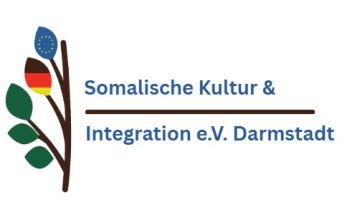Women’s Empowerment
what we do in
Advancing Safety, Rights, and Leadership
The Women’s Empowerment Programme is a flagship initiative dedicated to promoting the rights, safety, and personal development of women and girls. Somali Culture and Integration e.V. works to dismantle harmful practices such as female genital mutilation (FGM) and domestic violence while promoting positive parenting and equitable participation in society. The programme combines psychosocial support, counselling, awareness campaigns, and skills development to create safer, healthier, and more inclusive communities.
Beyond addressing immediate protection needs, the programme focuses on equipping women with leadership, economic, and social skills that enable them to actively participate in decision-making and community life. Mothers and caregivers are trained in non-violent parenting practices, while women and girls gain access to safe spaces and opportunities for personal growth. This holistic approach ensures that women are not only protected but also empowered to shape their futures and contribute to broader social transformation.
Objectives
- Promote the rights and well-being of women and girls.
- Prevent and respond to gender-based violence, including FGM and domestic abuse.
Key Interventions
- Confidential counselling services and survivor support.
- Community awareness programmes on women’s rights and non-violent parenting.
Target Groups
- Women and girls at risk of or affected by harmful practices.
- Mothers, fathers, and caregivers seeking guidance on positive parenting.
Impact & Outcomes
- Increased awareness of women’s rights and reduced tolerance of harmful practices.
- Improved emotional well-being and stronger family bonds.
Partnerships
- Collaboration with women’s organizations, advocacy groups, and community leaders.
- Engagement with health, legal, and social service providers.
Sustainability
- Development of long-term community networks that support women’s leadership.
- Embedding gender equality principles into community and institutional practices.
